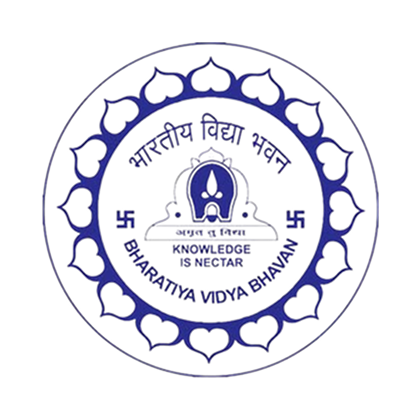
BHARATIYA VIDYA BHAVAN'S
M. M. College Of Arts, N. M. Institute Of Science, H. R. J. College Of Commerce
Bhavan’s College
(Autonomous 2020-30)
Established in 1946 | Re-accredited "A" Grade by NAAC | Munshi Nagar, Andheri (W), Mumbai - 400058
Imaging technology is the branch or speciality of medicine that deals with the study and application of imaging technology to diagnose and treat the disease, the basic aim is to provide students with knowledge and training that will enable them to work in various lab & Hospital settings.
The course design is based on NEP2023 guidelines where learner is given a choice to have vertical mobility while pursuing this program. His annualized credits earned will be banked to allow his subsequent year’s enrollment. The 4 year degree program is designed as –
Students who seek admission in this program comes from non-healthcare background, the course starts with the Foundation Course which is more like a platform setting to make learner understand the topicalities and Dos and Don’ts of Healthcare Organizations. Industry interface is divided into 3 phases of learning as –
The program also focuses in creating a better path for students to pursue their higher education opportunities in healthcare sector. As such special skill enhancing modules like Basic Life Support, Bed Side Care, Hospital Administration and Public Health etc. are included in the curriculum. This will help learners to get into PG programs like Masters in Hospital Management or Masters in Hospital Administration or master’s in public health.
Job Opportunities:
After completing a BSc in Medical Imaging Technology, graduates have several educational opportunities to further their expertise and career prospects. They can pursue advanced degrees such as a master’s in medical Imaging Technology, Radiology, or related fields like Healthcare Administration or Public Health. Specialized certification programs in areas like MRI, CT, or ultrasound can enhance their technical skills and credentials. Additionally, they may opt for research-oriented programs like an MPhil or PhD in Medical Imaging to engage in academic or industrial research. Pursuing advanced education not only deepens their knowledge but also opens doors to leadership, teaching, and specialized clinical roles in the healthcare sector.
